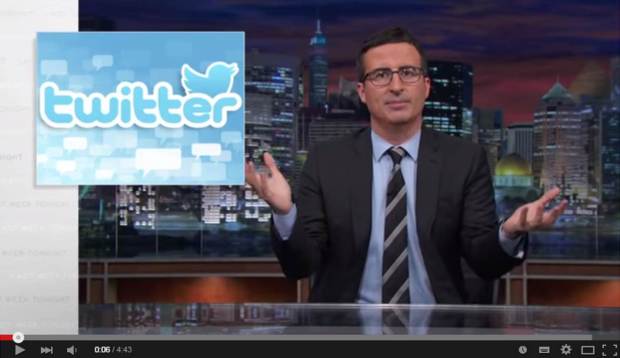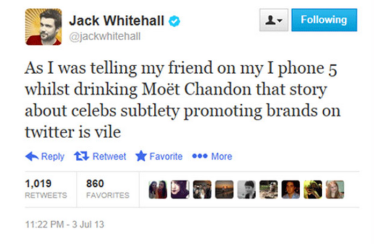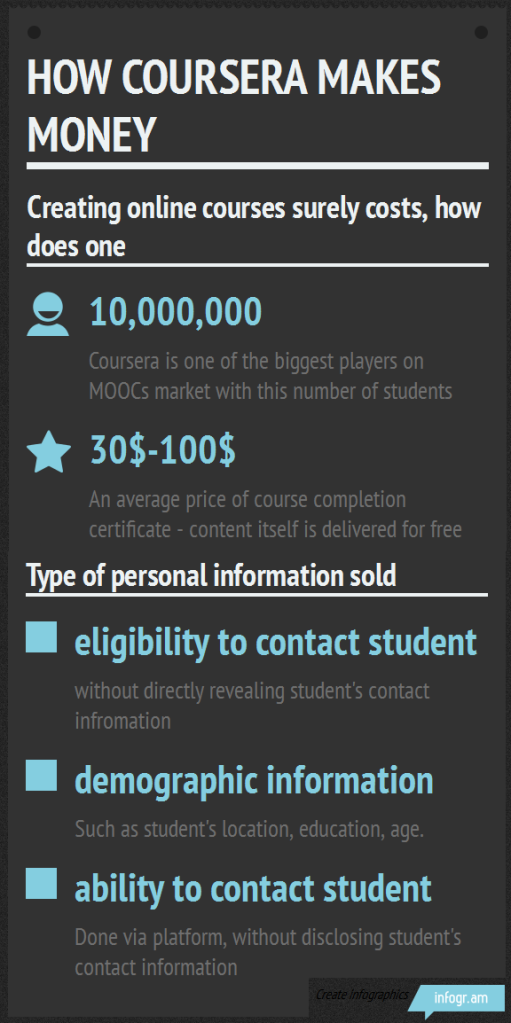
Topic 4 = Ethical issues raised by Social Media in Education
Out of my understanding of social media, I believe it plays a huge role in our daily lives whether socially, morally or intellectually as we are govern by it round the clock. In this blog, I am going to discuss the ethical issues raised by social media in education that I consider to be particularly significant.
Social media allows people to discuss ideas, post news, ask questions and share links: allowing information to reach a wide range of targeted and perhaps sometimes untargeted audience.
Continue reading →









